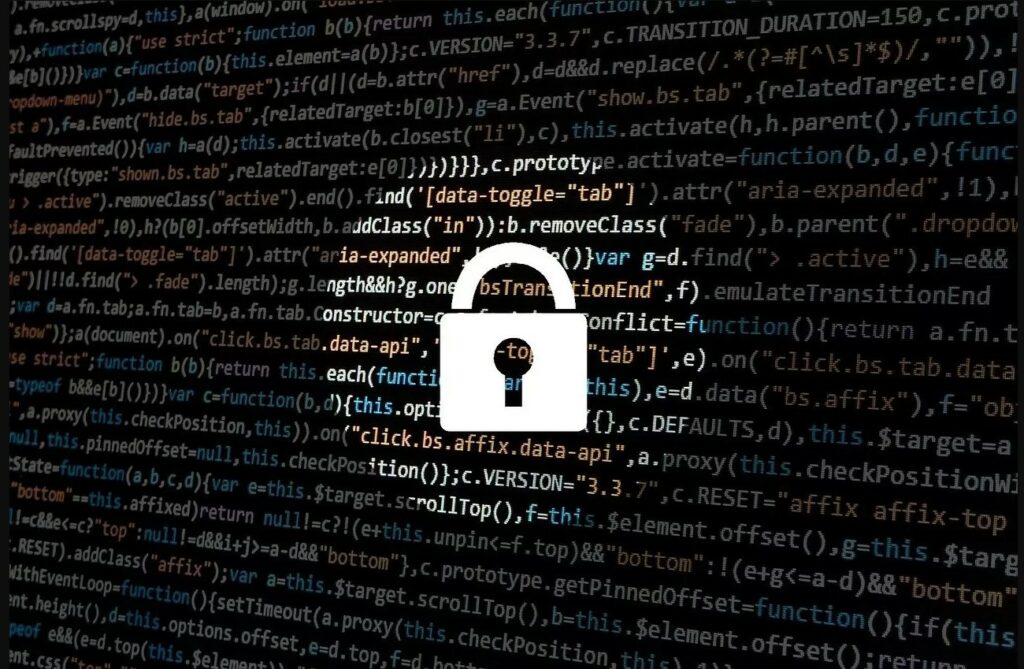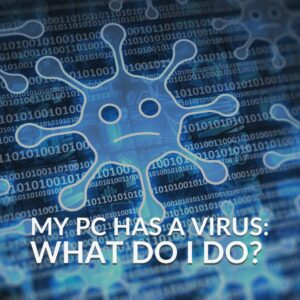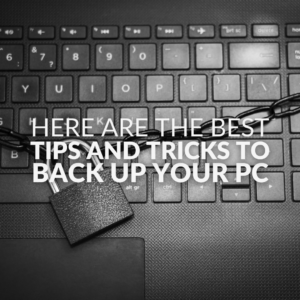Getting a computer virus can be incredibly stressful and even result in serious damage to your PC or your precious files. That’s why it’s so important to know what exactly a computer virus is, and how you can protect your computer.
Thankfully, as the PC experts, here at Overclockers UK, we’ve compiled everything you need to know into this one handy blog post. We’ve covered the basics of what a computer virus is, the different types, and our top tips for keeping your PC protected.

Computer Virus
To keep it short and sweet, a computer virus is a form of malicious software.
They are spread between computers and often come in the form of a file or document. Computer viruses are designed to alter the way in which your system operates by attaching itself to a piece of software capable of reading the harmful code within the file. A virus can remain dormant on your system, until you open the infected software.
A computer virus can cause serious damage to your PC, capable of corrupting or completely deleting your data, stealing passwords, logging your keystrokes, spamming your email contacts, and much more.
Different Types of Computer Virus:
There are multiple different types of computer viruses. This includes:
- Multipartite Virus – infects your entire PC.
- File-infecting Virus – a virus that is attached to a file or executable program.
- Web Scripting Virus – targets popular websites and overwrites codes by inserting links that can install the virus on your PC.
- Resident Virus – capable of storing itself on your PC’s memory, allowing it to infect the files on your PC.
- Macro Virus – commonly found in programs such as Excel, usually stored on a document that is activated when transferred to other computers.
How Can I Protect My PC From a Computer Virus?

There are a few ways in which you can protect your system from a computer virus.
- Improve your awareness of how cybercriminals try to spread computer viruses – if you receive an email from an unknown address with a strange file attached, don’t click on it. Chances are, it’s a computer virus or a form of malware.
- Back up your files – keeping your files backed up means that if the worst-case scenario happens, you’ll still have all your files stored on a secondary storage device.
- Regularly run an anti-virus scan – by frequently running a quick anti-virus scan will allow you to see if you have any computer viruses lying dormant on your system and take action against them before they start damaging your PC.
- Protect your PC with a strong password – a reliable and strong password is your system’s first line of defence. Your password shouldn’t be easy to guess, like a name or place, and should be a combination of numbers and special characters.
- Keep your operating system (OS) up to date – Windows is often regularly updated to include new security features that can help protect your PC.
- Invest in high-quality security for your PC – dedicated security software is the best way to keep your PC protected from computer viruses. They can be used to protect more than one device and often include protection against a multitude of different threats.
Invest In Anti-Virus Security Protection:
If you do need to invest in some anti-virus software, we stock a range of premium security software from Bullguard.

Bullgard Internet Security:
- Powerful internet security software
- Protection from online threats, including hackers, viruses, and spyware
- Includes easy-to-use parental controls
- Can be used to protect PC, Mac, and Android
Looking to improve your knowledge of computer security? Check out some more of our in-depth blog articles covering the importance of computer security and our top tips for keeping your PC protected.



